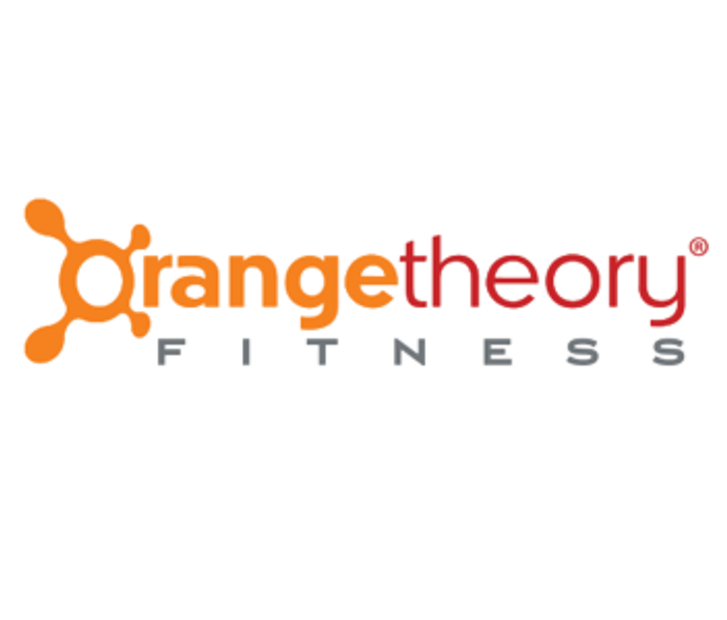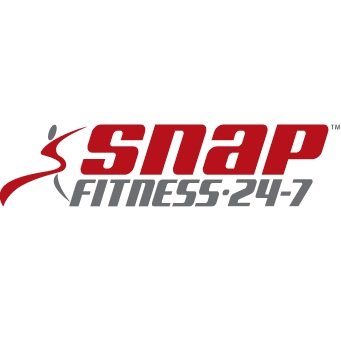Brand Experience








FITNESS SALES – WHY TRACK YOUR DATA
21 May, 2020
Understandably tracking data on your fitness sales daily or even weekly may be something completely new to you, and so it can be difficult and overwhelming, I get it.
See over the years something that continually surprises me is that so many people in the fitness industry (personal trainers and gym owners) have no data, no metrics and no idea of their targets.
Sales data has always been quite a simple thing for me, but I am naturally a data-driven person which complements my sales background.
Often we get caught up doing all the ‘fitness industry’ related tasks of signing new clients, ringing leads, cleaning the gym, running classes, taking sessions, handling complaints….and the sales data seems to get missed.
I am here to tell you that you need to start tracking this TODAY!

Why tracking fitness sales data is important
Almost every Fitness Business and PT I have ever spoken to has come to me asking for help. The first thing I ask them for is their sales reporting for the last month.
Now what percentage of people do you think can pull that data? Let me tell you it’s less than 20%
It’s rare for any Fitness Business Owner or Manager to present me with simple data such as
- Total number of leads
- Total number of appointments
- Total number of sales
- Breakdown of those sales (i.e value and commitment period)
In my business I can login in to my CRM and that data is sitting right there on the very first screen.
I have two main dashboards – monthly and quarterly performance.
The monthly dashboard has 3 graphs
- Total number of leads and their source
- Total value of opportunities closed (won)
- Total activities for the month
These are all broken down into each team members performance
On the quarterly dashboard I have:
- Total value of all opportunities closed (won) for the quarter
- Total number of user logins
- Total value of all opportunities in our pipeline for that quarter
I won’t go into the activities and logins as that’s just some personal data for my team I like to track.
But let’s look at the others.
Total number of leads: Firstly we track the total number of leads that come through from each of our staff members. This way I can track their individual KPI’s and deliver bonuses if needed.
The total value of opportunities closed (won) month: this is the total value of the contract signed. For example a 3 month contract at $100 a week is worth $1200. This way each day we know if we are 10,15 or 20% of budget for the month and if we are on track or behind.
Total value of all opportunities closed (won) quarterly: Same as above we track this to see how we are going for the quarter. We have targets to achieve so we need to know the numbers.
Total value of all opportunities in the pipeline: This is a really important number. It shows us all opportunities that are currently open and not yet closed (won or lost). Basically it shows us upfront how many deals we have to potentially win for that quarter. A full pipeline is necessary to ensure you are constantly working deals and have room to move. An empty pipeline means you’re not pitching anyone.
So you can see the data we track and a little bit about it, but ultimately why is this so important?
Well you ask your clients to track their data right? Their workouts, their nutrition and their mindset and that ultimately helps you to understand how they are tracking toward their goals, and potential areas that need improvement. So apply that concept to your sales data – why would you not track information that can ultimately improve the performance of your business?
Bit hypocritical if you ask me.
I could leave it at that and the point is quite clear but let’s break it down further into 3 key reasons.
- Ease Of Mind
I see many stressed Fitness Business Owners. Often this is because they are running around like headless chickens in their business with finance looming over their heads. Bills coming in non-stop and money going out, and it never seems like you’re getting on top of it. Sound familiar?
Implementing sales tracking daily can help reduce stress. It allows you to know exactly where you are for the month and what you need to achieve.
With a few other tweaks to your business and your systems, you will find yourself tracking ahead of where you need to be and better planned and prepared to take action when necessary.
And if you have a bad day with fitness sales, you won’t need to get stressed as you will understand exactly where you are sitting at any one time.
Don’t underestimate the mental side of sales tracking and its power.
- Patterns and projections
Sales is a numbers game that we can ultimately hack to make us win. We just need to know the data and then we can predict the outcome.
For example how many leads and appointments do you need to make $100K in your business? Great question and you probably have no idea.
Imagine if I could tell you if you sell just 2 x $97 packages per week over 12 weeks you can make $100K recurring over a 12 month period.
Sounds easy enough, but I need to know how many appointments you need in order to get those 2 sales, and I need to know how many leads you need to get those appointments.
Once I have this data it’s just playing the numbers daily and weekly.
Another key factor is patterns, seeing how well one lead source or one sales rep may be doing. You may either find A LOT of holes in your bucket you need to fix ASAP, or maybe you find untapped gold, you won’t know if you don’t track.
- Prevention
Ever heard this, or maybe you have said it yourself, “Christmas killed my business.”
No. Poor planning killed your business.
Let me use this example from an air-conditioning repairman I was talking to one day.
He said they were booked out for weeks on end in summer here in Queensland.
He was telling me how people obviously gt to the warmer months and start cranking their air conditioning units, and because they haven’t used it for months or had it serviced, they basically burn out the PCP boards.
So what’s the point here?
Well he knows the months of the year he is super busy and overwhelmed and the ones he is super quiet.
You’re a business owner right?
If you are then you should be prepared for these times.
We call them seasonal trends, some seasons are better than others in different industries.
If you know December is a shit time of year in your business then make it up in the months prior or double down in the new year, which funnily enough is the best time.
So if you’re not tracking any sales data I suggest you get started asap.
Some platforms to use can be monday.com, google sheets, or a full CRM program like Salesforce.
My personal preference is your own CRM as it will give you the best and clearest data on your fitness sales, as well as add a tonne of value to your entire business.
Jason Mottlee is an experienced Fitness Industry Sales Coach at More Gym Members, helping fitness businesses scale at a rapid pace. Find out more here




